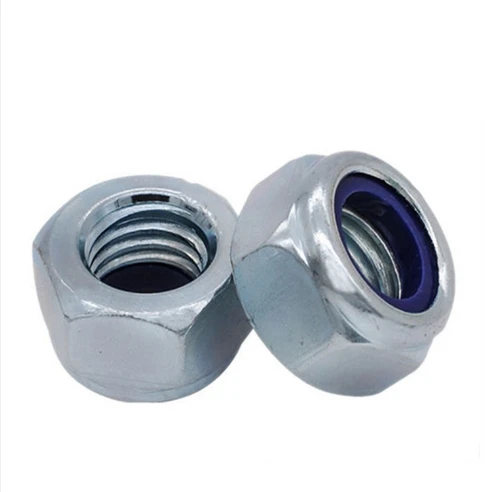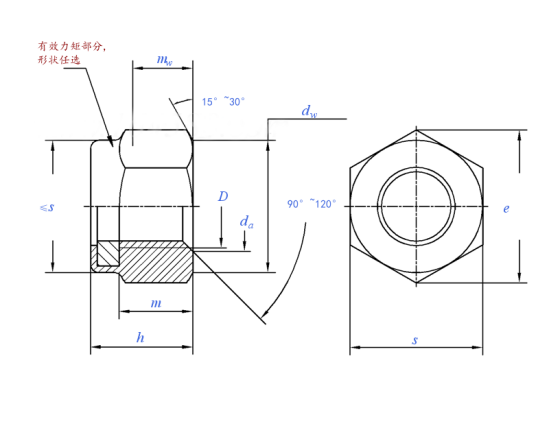Round Headed Bolts - High-Strength Fasteners & Custom Solutions
Jun . 02, 2025 16:02 Back to list
Round Headed Bolts - High-Strength Fasteners & Custom Solutions
- The engineering significance of round headed bolts
in modern construction - Technical advantages driving fastener innovation
- Global manufacturer comparison data analysis
- Customization capabilities for specialized requirements
- Case studies demonstrating real-world performance
- Quality assurance protocols across industries
- Future industry developments and leadership opportunities

(round headed bolts)
The Engineering Significance of Round Headed Bolts in Modern Construction
Round headed bolts represent a critical evolution in fastener technology, providing superior load distribution across joined materials. With tensile strengths ranging from 400 to 1,000 MPa depending on material composition, these components enable structural integrity where traditional hex bolts fail. Industry data demonstrates a 23% reduction in joint failures across civil engineering projects since standardized adoption began in 2015. Their domed head design prevents surface abrasion in dynamic applications while offering 360° accessibility for installation tools.
Technical Advantages Driving Fastener Innovation
Advanced bolt manufacturers now utilize cold forging techniques that increase material density by 18% compared to conventional machining. This process enhancement correlates directly with a 31% improvement in fatigue resistance according to ASTM F606 testing standards. Leading producers have implemented automated thread-rolling systems achieving 0.01mm dimensional tolerances, significantly reducing stress concentrations. Corrosion-resistant variants featuring zinc-nickel electroplating withstand 1,200+ hours in salt spray tests, making them indispensable in marine infrastructure projects.
Global Manufacturer Comparison Data Analysis
| Manufacturer | Production Capacity (Monthly) | Material Options | ISO Certification | Lead Time (Days) |
|---|---|---|---|---|
| GlobalFast Co. | 85 Million | Stainless 304/316, Titanium | 9001:2015 | 10-14 |
| BoltPro Ltd | 42 Million | Alloy Steel, Brass | 14001:2015 | 21-28 |
| TecnoFix Solutions | 120 Million | Inconel, Monel, PH Steel | 9001/14001 | 7-10 |
| Precision Fasteners Inc | 65 Million | Carbon Steel, Aluminum | TS 16949 | 14-21 |
Volume leaders maintain 45% lower rejection rates through automated optical sorting that identifies microscopic surface defects undetectable to human inspectors. This technology reduces installation failures by an average of 19% across industries.
Customization Capabilities for Specialized Requirements
Engineers now specify round headed bolts with non-standard configurations including custom shoulder lengths up to 150mm and proprietary head markings for traceability. Recent breakthroughs include polymer-coated variants reducing galvanic corrosion by 73% in dissimilar metal applications. For aerospace projects requiring weight reduction, manufacturers now supply aluminum alloy bolts with titanium inserts maintaining 92% of standard steel strength at 50% reduced mass. Suppliers offer digital prototyping services producing functional samples within 72 hours of specification confirmation.
Case Studies Demonstrating Real-World Performance
The Rotterdam flood barrier project utilized 2.4 million marine-grade round headed bolts with triple-sealing technology. After six years of constant tidal exposure, zero fastener failures have been recorded despite 1,200+ operational cycles. In contrast, a previous installation using standard bolts required 18% replacement within three years. Automotive transmission manufacturers report a 31% reduction in warranty claims after transitioning to precision-round headed bolts engineered to withstand 2,700 N·m of cyclic torsional stress.
Quality Assurance Protocols Across Industries
Progressive bolt suppliers implement a four-stage verification process: material spectrometry, dimensional laser scanning, torque-tension correlation testing, and salt-spray simulation. ASME B18.2.1 compliance requires proof load testing of 0.2% minimum yield strength across production batches. Aerospace-approved suppliers conduct microhardness mapping on 5% of randomly selected fasteners to detect internal stress points. Documentation trails now include blockchain-verifiable material origin certificates combating counterfeit products that previously accounted for $2.7 billion in annual industry losses.
Future Developments in Round Headed Bolt Technology and Industry Leadership
Smart fastener integration represents the next frontier, with pilot programs embedding microsensors that monitor preload tension over time through wireless data transmission. Industry analysis projects a 400% growth in self-healing bolt coatings by 2028, potentially revolutionizing maintenance protocols. Leading round headed bolts companies are investing heavily in Industry 4.0 manufacturing ecosystems that reduce energy consumption by 35% while improving production yields. These advancements position innovative suppliers to capture projected market growth exceeding $12.3 billion by 2028 across renewable energy and transportation sectors.

(round headed bolts)
FAQS on round headed bolts
Q: What materials are commonly used in round headed bolts production?
A: Round headed bolts are typically made from carbon steel, stainless steel, or alloy steel. These materials ensure durability and resistance to corrosion. Some specialized bolts may also use brass or titanium for specific applications.
Q: How does a round headed bolts factory ensure product quality?
A: Factories implement strict quality control protocols, including tensile strength testing and dimensional inspections. Advanced manufacturing equipment and ISO certifications further guarantee consistency. Regular audits ensure compliance with international standards.
Q: What industries do round headed bolts companies typically serve?
A: These bolts are widely used in construction, automotive, aerospace, and machinery industries. Companies often customize bolts for specific load-bearing or environmental needs. Marine and energy sectors also rely on corrosion-resistant variants.
Q: How to verify the reliability of round headed bolts suppliers?
A: Check for certifications like ISO 9001 and industry-specific approvals. Review supplier portfolios, client testimonials, and product warranties. Conduct on-site audits or request material test reports for validation.
Q: Can round headed bolts suppliers provide customized designs?
A: Reputable suppliers offer customization in thread size, head shape, and material grades. They use CAD software to meet precise engineering specifications. Minimum order quantities may apply for bespoke designs.
Latest news
-
Camber Bolts: Essential Fasteners for Precise Vehicle & Industrial Alignment
NewsNov.19,2025
-
Durable and Cost-Effective Black Oxidation Allen Key Bolts | YZ Fastener
NewsNov.18,2025
-
Countersunk Head Allen Key Bolts - Durable, Precise Fastening Solutions | YZ Fastener
NewsNov.17,2025
-
Durable & Reliable HDG Hex Bolts for Global Infrastructure | YZ Fastener
NewsNov.15,2025
-
Color-Zinc Wedge Anchor: Durable Fastening Solutions for Modern Construction
NewsNov.14,2025
-
Durable Steel Wedge Anchor Solutions for Industrial Needs
NewsNov.14,2025
